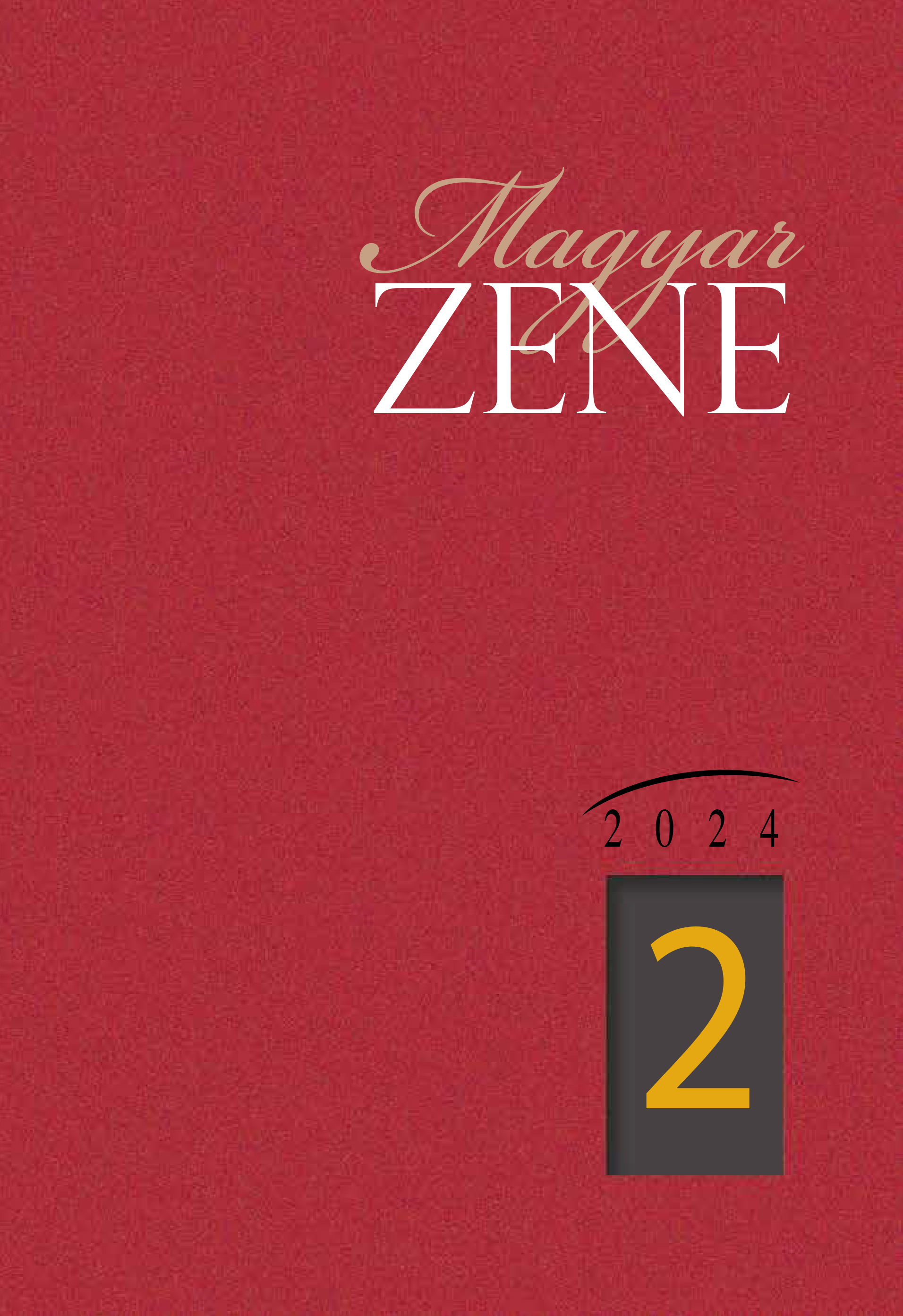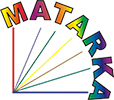’If lacks a horse an ass will do it’
Kodály Zoltán és a Nemzetközi Népzenei Tanács elnöki tisztsége (1961–1967)
Abstract
The International Folk Music Council elected Zoltán Kodály as its third president in 1961, and he held the post until his death. Thus, during the last years of his life and as the head of the most prestigious international and professional forum,
Kodaly was given the opportunity to look after, promote, and influence the cause of folk song and folk music in a way he viewed as ideal. This was a cause that he personally considered important from an artistic and scientific perspective, as
well as from a moral and social standpoint that included its benefits to society. Kodaly envisioned international folk- music research as a network of individual national research workshops. The basic research work that the members of this
network would carry out is shown by the main activities of his (the Hungarian) research group. In addition to systematizing, analyzing, and comparing music, as well as conducting historical research, Kodály had another important programme
that was in perfect alignment with the plans of the IFMC: the publication of as many high- quality recordings of original folk music as possible. It was during his presidency that the study of the social background of music, including folk music,
began to become increasingly important for research, alongside the more typical historical and musical approach. This was a development that was to open a new chapter in the history of the discipline, by then already designated ‘ethnomusicology.’
References
A Magyar Népzene Tára, I.: Gyermekjátékok. A Magyar Tudományos Akadémia megbízásából szerkesztette Bartók Béla és Kodály Zoltán. Sajtó alá rendezte: Kerényi György. Budapest: Zeneműkiadó Vállalat, 1951.
A Magyar Népzene Tára, II.: Jeles napok. A Magyar Tudományos Akadémia megbízásából szerkesztette Bartók Béla és Kodály Zoltán. Sajtó alá rendezte: Kerényi György. Budapest: Akadémiai Kiadó, 1953.
Bartók Béla: Magyar Népdalok. Egyetemes Gyűjtemény, I. Sajtó alá rendezte: Kovács Sándor–Sebő Ferenc. Budapest: Akadémiai Kiadó, 1991.
Bartók Béla–Kodály Zoltán: „Az új egyetemes népdalgyűjtemény tervezete”, Ethnographia 24. (1913), 313–316.
Bulletin of the International Folk Music Council (https://ictmusic.org/publications/bulletin-ictmd)
Eősze László: Kodály Zoltán életének krónikája. Budapest: Zeneműkiadó, 1977.
Hungarian Folk Music. Szerk. Rajeczky Benjamin. Budapest: Qualiton, 1964, LPX 1187.
JIFMC Journal of the International Folk Music Council (A Nemzetközi Népzenei Tanács periodikája 1949–1968 között [vol. 1–20], 1969–1980 között évkönyvként jelent meg Yearbook of the International Folk Music Council [vol. 1–12], majd a szervezet névváltoztatása után, 1981- től Yearbook for Traditional Music címmel [vol. 13–]).
Kodály Zoltán: Visszatekintés. Összegyűjtött írások, beszédek, nyilatkozatok, II. Sajtó alá rend. Bónis Ferenc. Budapest: Argumentum Kiadó, 22007.
Kodály Zoltán: Visszatekintés. Hátrahagyott írások, beszédek, nyilatkozatok, III. Közr. Bónis Ferenc. Budapest: Argumentum Kiadó, 22007.
Stockmann, Erich: „Zoltán Kodály und der International Folk Music Council”, Studia Musicologica 25/1., 5–13. https://doi.org/10.2307/901957
Stockmann, Erich: „Zoltán Kodály and the International Folk Music Council”, Yearbook for Traditional Music 17. (1985) 1–7. DOI: 10.2307/768433
Stockmann, Erich: „The International Folk Music Council/International Council for Traditional Music Forty Years”, Yearbook for Traditional Music 20. (1988) 1–10. https://doi.org/0.1017/S0740155800017033
Szalay Olga: Kodály, a népzenekutató és tudományos műhelye. Budapest. Akadémiai Kiadó, 2004.
UNESCO Collection of Traditional Music of the World (1961–2003). (https://ich.unesco.org/en/collection-of-traditional-music-00123)
Zoltán Kodály Letters in English, French, German, Italian, Latin. Ed. Dezső LegánŸ–Dénes LegánŸ. Budapest: Argumentum–Kodály Archívum, 2002.
Young, Percy M.: Zoltán Kodály, a Hungarian Musician. London: Ernest Benn Limited, 1964.





